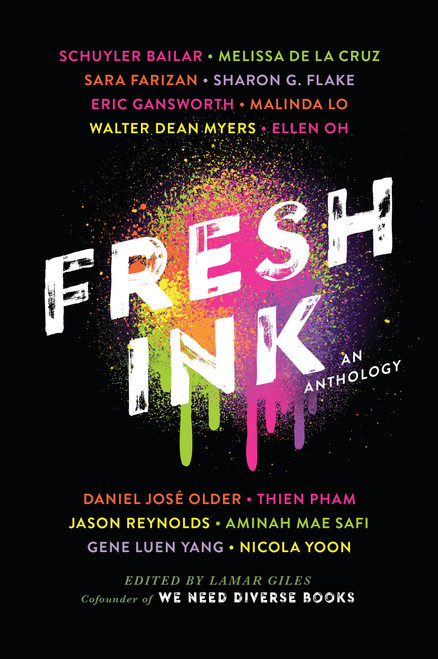With the eye of a professional scientist and the passion of a dedicated amateur, E. C. Pielou conducts a guided tour of fresh water on its course through the natural world. As the world's supply of clean, fresh water continues to dwindle, it becomes increasingly important to understand the close connection between water and all forms of life. Pielou's fascination with fresh water gives us a natural history that is remarkable and surprising.
[A] keen and detailed look at the life and history of fresh water. . . . Dip into Fresh Water. It will both stimulate and satisfy as only good natural history can. Toronto Globe and Mail
Pielou's ease with her subject and her no-nonsense style of writing will satisfy and inspire the poet as well as the naturalist. Denize Springer, Express Books
[Pielou's] writing is didactic and definitive, in places even charming, and is buttressed by clear illustrations. . . . A welcome addition to the genre of literature designed to bridge the gap between scientists . . . and the intelligent and concerned lay public. Daniel Hillel, Nature
A wonderful natural history of one of life's necessities, a refreshing break from the grand theory and special pleading of many a science book. . . . Read it. Fred Pearce, New Scientist
[A] keen and detailed look at the life and history of fresh water. . . . Dip into Fresh Water. It will both stimulate and satisfy as only good natural history can. Toronto Globe and Mail
Pielou's ease with her subject and her no-nonsense style of writing will satisfy and inspire the poet as well as the naturalist. Denize Springer, Express Books
[Pielou's] writing is didactic and definitive, in places even charming, and is buttressed by clear illustrations. . . . A welcome addition to the genre of literature designed to bridge the gap between scientists . . . and the intelligent and concerned lay public. Daniel Hillel, Nature
A wonderful natural history of one of life's necessities, a refreshing break from the grand theory and special pleading of many a science book. . . . Read it. Fred Pearce, New Scientist











